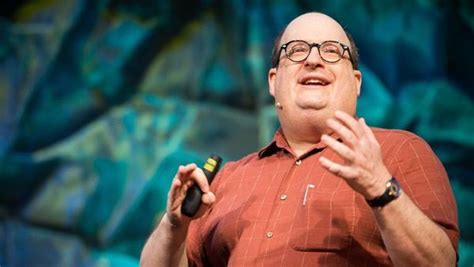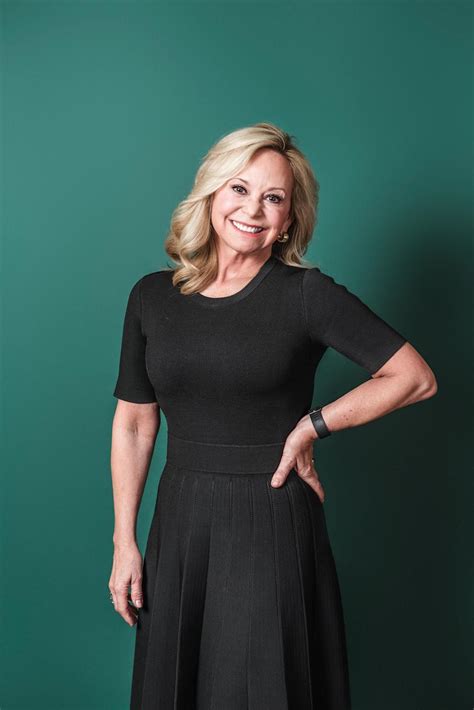A Quote by Adam Lashinsky
Amazon is pursuing something called Amazon Key, which lets its couriers unlock Prime customers' doors and deliver packages. It's pairing the service, which it plans to make available in 37 cities next month, with a camera so users will have intelligence inside and outside their homes, presumably boosting trust and lowering creepiness.
Related Quotes
Amazon Pages and Amazon Upgrade leverage Amazon's existing 'Search Inside the Book' technology to give customers unusual flexibility in how they buy and read books, .. In collaboration with our publishing partners, we're working hard to make the world's books instantly accessible anytime and anywhere.
Users scan a page looking for trigger words. If they find a trigger word, they click on it but if they don’t find it, they go to search. That’s the way it works on 99% of sites, although Amazon is an exception. That’s because Amazon has done a great job of training users to know that absolutely nothing on the home page is of any use.
Why shouldn't people be able to buy movie tickets on Amazon? Or Google or Flixster, or IMDb? I don't care who you have a relashionship with. This isn't about Fandango or MovieTickets. This is about you. Where do you buy stuff? Are you an Amazon Prime member? Then I want to be on Amazon Prime. Are you a Yahoo guy? Then I want to sell on Yahoo. Are you a Google guy? Then I want to sell tickets on Google.
It doesn't always make sense to have a token on the blockchain that is both useful and represents ownership - it has to be something where there's a network effect. That's why I cite Facebook as an example of what could be disrupted more so than, say, Amazon - which is bit more centralized and is not exactly a network of users in the same way.




































